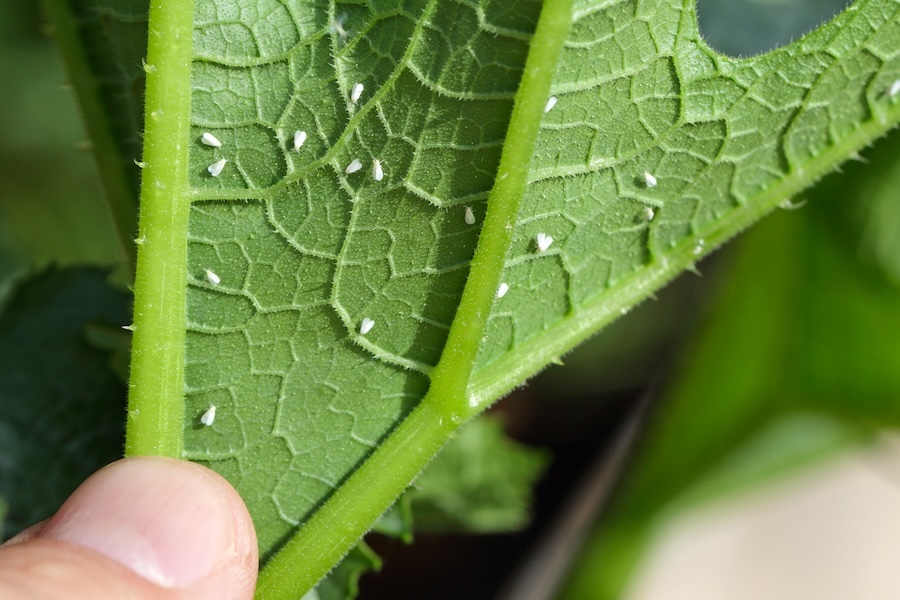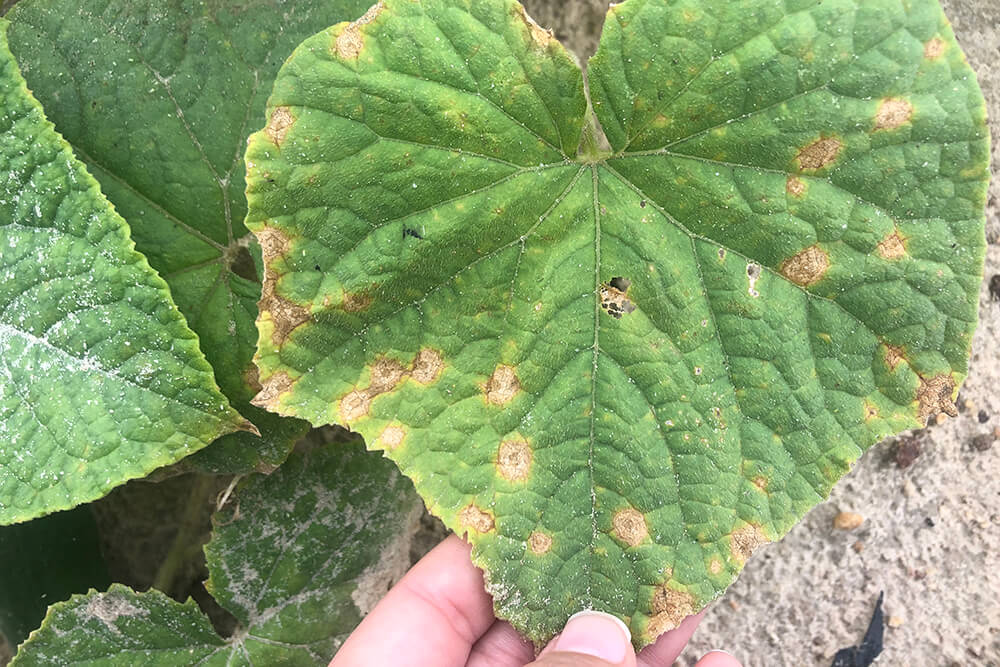When it’s summertime in Georgia, hot and dry weather will cause stress to most plants. These conditions also help create another problem – spider mite damage.
Spider mites are normally not a problem in times of adequate rainfall and moderate temperatures. The pest thrives in hot, dry conditions that seem to be the norm these days in Georgia. Recent samples brought into University of Georgia Cooperative Extension agents indicate that spider mites are out in full force.
Look underneath
Spider mites are most often found on the under side of leaves. They are so small that they can barely be seen with the naked eye. In fact, I have to use a magnifying glass to check for spider mites.
Adult spider mites are oval-shaped, have eight legs and do no have antennae or wings. A clue to their presence is a speckling or yellowing appearance on the upper side of leaves on broadleaf plants or a browning of needles on conifers. Sometimes, in heavy infestations, you will notice webbing on plants. I guess this is how they came to be called spider mites.
Years ago, there were effective insecticides to use against spider mites. However, today nothing works well against them. The best control is a good rain.
What can you do if it doesn’t rain? Garden supply centers stock products that claim to control spider mites, but insecticidal soap is probably about as effective as anything on the market.
Be persistent
To effectively fight them, be persistent and treat often until it rains. Be sure to coat the under side of all leaves.
Unfortunately, using insecticides also reduces beneficial insects that aid in controling spider mites. Adult spider mites are about 1/50 inch in size and are very easily eaten by beneficial insects like lady beetles.
You may have better success by simply washing the plants several times a week with plain water. By doing so, you wash off a lot of the mites. The beneficial insects remain, so they can help control the ones that aren’t washed away.
Experiment with methods to find which one works best for you. Neither method will totally control them, but it will suppress them enough to keep your plants alive until rainfall comes.
I guess rainfall washes away more than just troubles.




.png)


